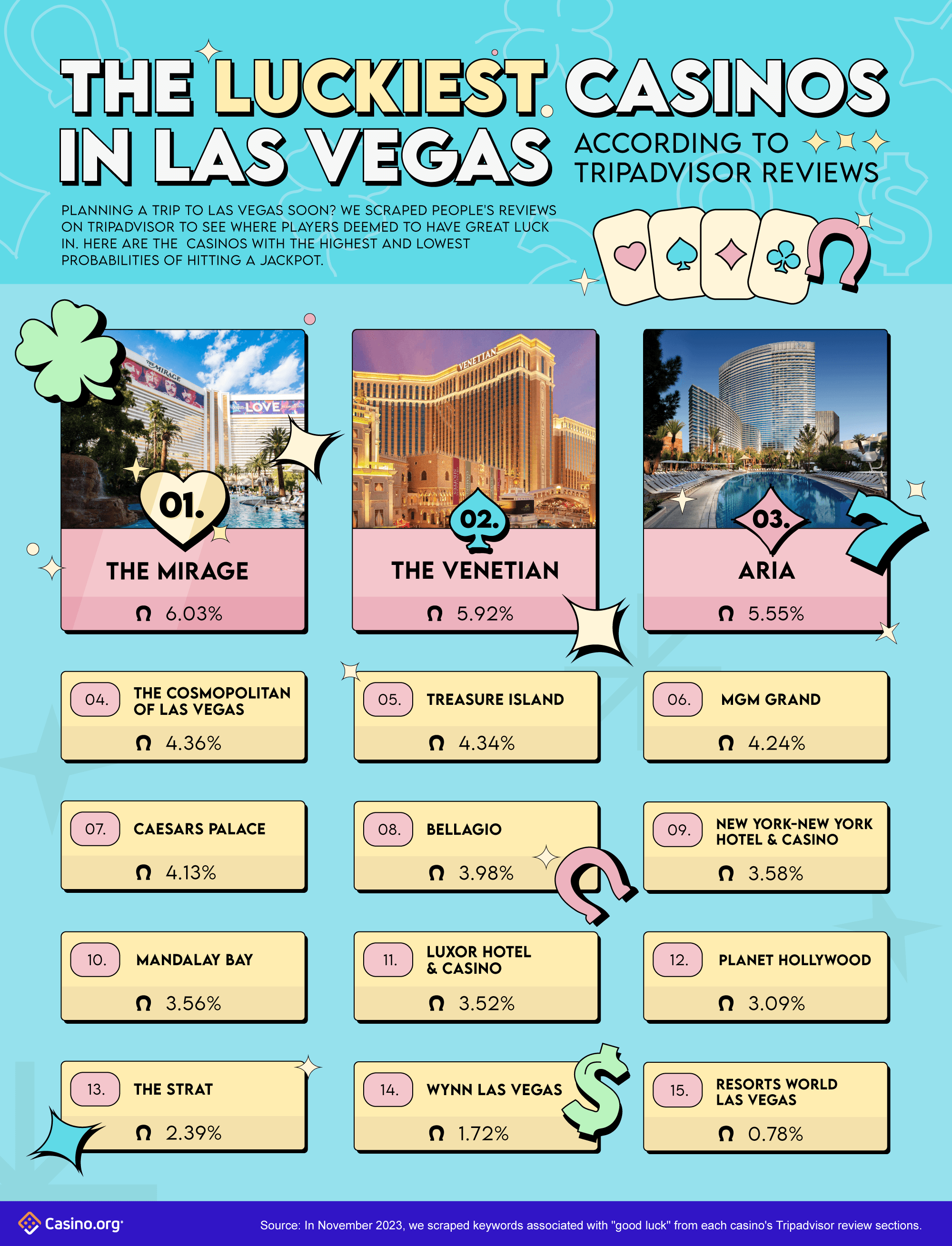
Casino games have long been a significant aspect of human culture, delivering not just entertainment but a fascinating reflection of our aspirations, dreams, and concerns. From the turning reels of a slot machine to the strategic gameplay of poker, these games encapsulate a variety of human sentiments and incidents. At their core, casino games are not just a chance to make profits; they are a microcosm of life itself, where risk versus reward merge and luck can change in an eye blink.
As players convene around tables or sit in front of brightly lit machines, they participate in a tradition that transcends mere gambling. These games reflect our instinctive desires for social interaction, thrill, and the pursuit of luck. They also disclose deeper truths about human behavior, such as our relationship with fate and the thrill of uncertainty. In exploring casino games, we uncover not only the mechanics of play but also the complex weave of the human journey, showcasing our intertwining narratives of hope and reality.
The Mind Behind Gambling
Wagering is deeply rooted in human psychology, tapping into various emotions and wants. The thrill of taking risks is a fundamental aspect that attracts participants, be it it’s thrill of spinning a roulette or the excitement of drawing a winning card in poker. This rush of adrenaline is frequently likened to other forms of thrill, as the uncertainty of outcomes elicits a unique psychological response. Players often become captivated by the possibility of winning big, leading to an irresistible draw toward gambling games. jdbyy
Another, a crucial component of the psychology behind gambling is the concept of optimism and ambition. Participants often nourish dreams of financial freedom and the luxurious lifestyle that can accompany winning. This optimism fuels their ongoing participation in gambling, as it provides a sense of purpose and the conviction that a life-changing win could be just one bet away. The story of overcoming odds and finding success resonates with many, reinforcing their commitment to play and engage with these games.
Lastly, social dynamics play a significant role in gambling psychology. Gambling venues are designed to foster social interaction, where players gather to share the journey of wins and losses. This communal aspect not only enhances enjoyment but also influences behavior, as individuals often mimic the actions of others in their vicinity. The collective approval found in mutual thrill can magnify the emotional experience, making casino games a mirror of not just personal desires but also collective engagement within the gambling community.
## The Dual Nature of Risk and Reward
Gambling games embody the delicate balance between danger and gain that resonates deeply with the human experience. The thrill of placing a bet is often accompanied by a surge of excitement, as players are confronted with the possibility of a huge payout, yet cognizant of the potential to suffer losses. This twofold experience reflects a core aspect of life: the decisions we face often come with built-in risks, and the chase for gain can drive us to take chances we might not normally consider. In this way, gambling activities echo real-world decisions, enticing players to risk not just their money, but also their dreams.
The allure of big prizes and payouts fuels a feeling of positivity, inspiring players to imagine a more promising future that could manifest from a single victorious spin of the roulette or dealing of a hand. This hope can drive individuals to engage in riskier behaviors, encouraging them to push their boundaries in search of financial gain. However, just as in life, the consequences of these decisions can lead to both victory and loss. The narratives of both big winners and those who have suffered everything at the tables demonstrate the random nature of chance and its consequential impact on our futures.
Ultimately, the interaction of engaging with casino games serves as a vivid illustration of the nature of humanity. Every round played is filled with the tension of uncertainty, as gamblers weigh the gains against the dangers. This interaction not only highlights the excitement that comes with betting but also unveils the vulnerabilities that come with the longing for more. As we journey through the complexities of decision-making and consequence in both the casino and in life, we find that the search for benefit shapes our identities and lives in deep ways.
Community and Solitude in Gambling Environment
Casino culture is a unique blend of communal interaction and personal endeavor, reflecting the dualities of human experience. Gamblers often come together around tables, sharing in the excitement of the game, celebrating wins, and commiserating over losses. This social aspect is essential, as it fosters a sense of community and camaraderie among varied groups of individuals. Regular visitors to casinos may build friendships and develop routines, turning the gambling venue into a second home where they feel linked to a greater community of gamblers.
However, the allure of casino games can also lead to isolation. As individuals become immersed in the excitement of playing, they may withdraw from personal connections or neglect to interact with the world outside the gaming space. For some, the pursuit of a jackpot can overshadow real relationships, leading to loneliness. The situation of being among people yet feeling solitary is not rare, as the focus shifts from shared enjoyment to the individual stakes of each individual’s path.
This interplay of community and solitude creates a vivid tapestry that defines casino atmosphere. It showcases the complexity of human interactions, where joy and despair coexist. Casinos serve as both a sanctuary for social interaction and a platform for individual struggles, illustrating how deeply entwined our yearning for connection and the individual quest for fortune can be. In navigating this landscape, players confront their own stories—seeking both the thrill of the wager and the fellowship of fellow gamblers, ultimately mirroring the broader spectrum of human experience.
